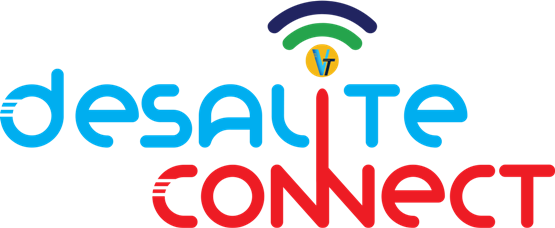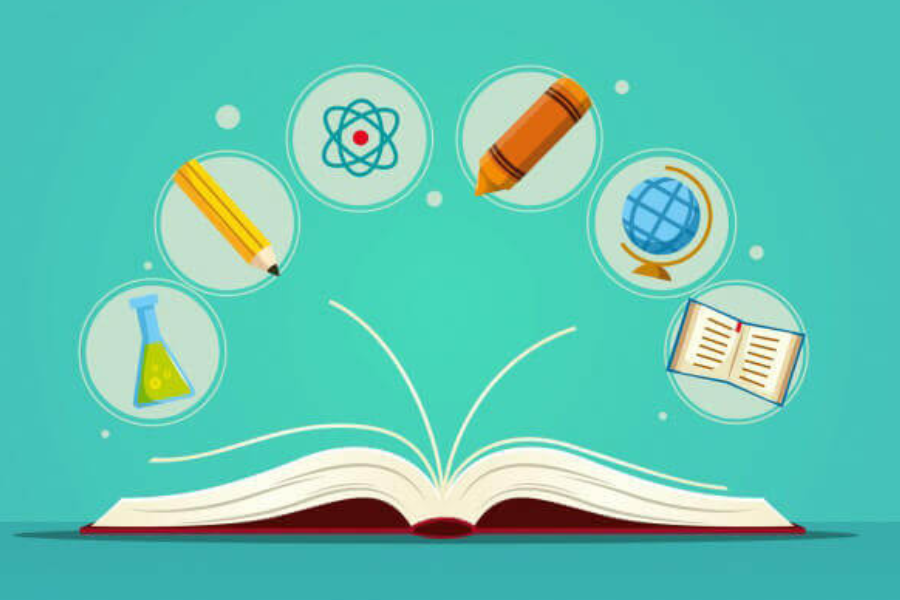Enterprise Resource Planning (ERP) software for school management is designed to streamline and optimize various administrative, operational, and educational processes within educational institutions. It helps schools manage student information, staff records, academic programs, financial operations, and more.
Here are the fundamentals of ERP software for school management:
Student Information Management: ERP software allows schools to store and manage comprehensive student information, including personal details, contact information, enrollment history, attendance records, academic performance, and more. This centralized database helps administrators and teachers access relevant information easily.
Admissions and Enrollment: ERP systems facilitate the admissions and enrollment process by providing tools to manage applications, registration, document submission, and communication with prospective students and their families.
Academic Management: School ERP systems assist in managing curriculum, course scheduling, class assignments, teacher allocations, grading, and exam schedules. This ensures efficient academic operations and helps teachers focus on teaching rather than administrative tasks.
Communication and Collaboration: ERP software includes features that enhance communication between teachers, students, parents, and administrators. It might include messaging systems, announcement boards, and portals for parents to access their child's academic progress.
Attendance Tracking: Automated attendance tracking helps schools monitor student attendance, tardiness, and absenteeism. This data can be used for reporting, analyzing trends, and taking appropriate actions.
Financial Management: ERP software helps manage financial aspects such as tuition fees, payment processing, expense tracking, budgeting, payroll management for staff, and generating financial reports.
Library Management: For schools with libraries, ERP systems can be used to organize and manage the library's collection, track borrowed items, issue alerts for overdue materials, and facilitate cataloging.
Human Resources Management: School ERP software can maintain staff records, manage recruitment processes, handle performance evaluations, track professional development, and manage payroll and benefits.
Timetable and Scheduling: ERP systems enable schools to create and manage class schedules, allocate teachers to specific classes, and adjust schedules as needed.
Reporting and Analytics: ERP software generates various reports and analytics related to student performance, attendance, finances, and other operational aspects. This data aids in decision-making and planning.
Security and Access Control: ERP systems include role-based access controls, ensuring that sensitive information is only accessible to authorized personnel. This helps maintain data security and privacy.
Customization and Integration: Modern ERP solutions offer customization options to cater to the unique needs of each school. Additionally, integration with other software systems, such as learning management systems (LMS) or communication tools, can enhance functionality.
Cloud-Based Solutions: Cloud-based ERP solutions provide accessibility from anywhere and often come with automatic updates, data backup, and reduced IT infrastructure requirements.
Implementing an ERP system requires careful planning, training, and on-going support. Desalite Connect aligns with the school's requirements and involves stakeholders (administrators, teachers, parents) in the decision-making process, leading to improved efficiency, communication, and overall school management.


